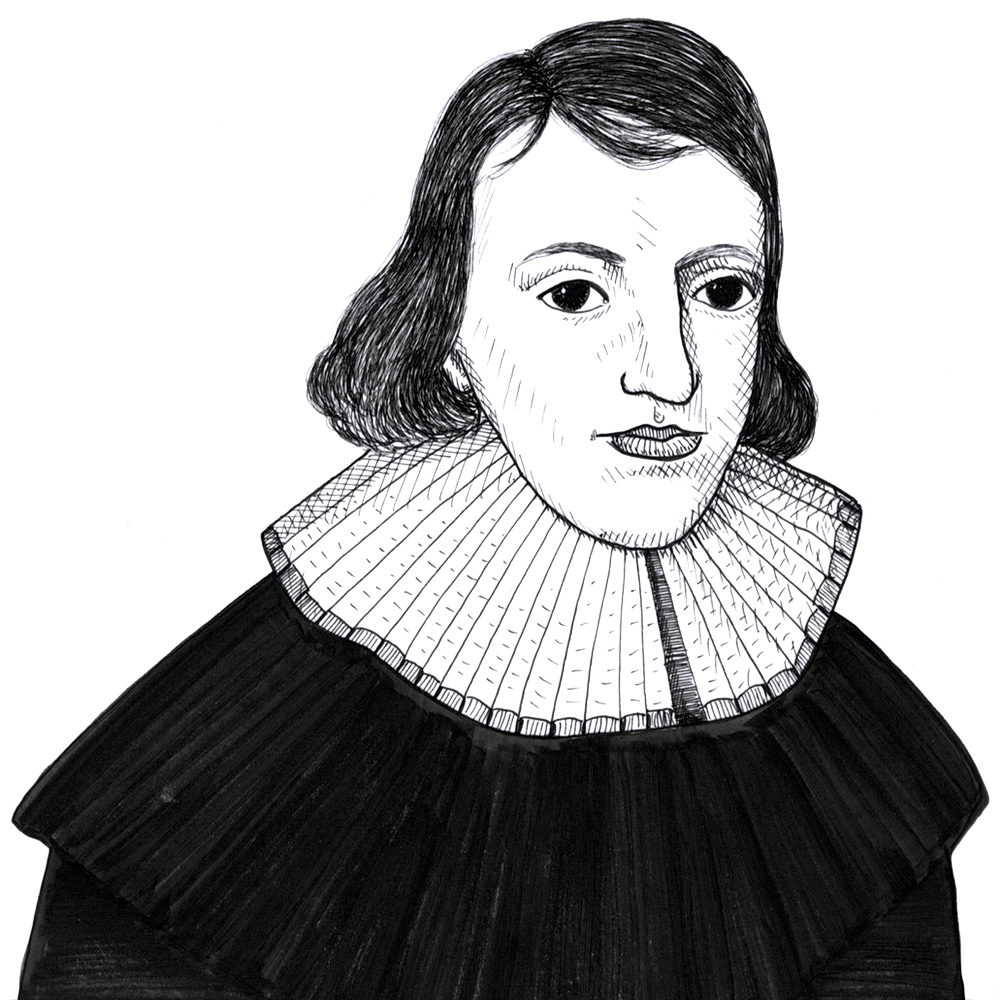
Milton on Eve’s discovery of the benefits of the division of labor in the Garden of Eden (1667)
Found in: The Poetical Works of John Milton
In his epic poem Paradise Lost (1667) John Milton (1608-1674) describes how Eve comes across the idea that by specializing on different tasks in the garden of Eden they could produce more. Adam quashes this idea because he thinks that a women must not be allowed to leave her husband’s side for a moment:
Literature & Music
And Eve first to her Husband thus began.
Adam, well may we labour still to dress
This Garden, still to tend Plant, Herb and Flour.
Our pleasant task enjoyn’d, but till more hands
Aid us, the work under our labour grows,
Luxurious by restraint; what we by day
[210] Lop overgrown, or prune, or prop, or bind,
One night or two with wanton growth derides
Tending to wilde. Thou therefore now advise
Or hear what to my mind first thoughts present,
Let us divide our labours, thou where choice
Leads thee, or where most needs, whether to wind
The Woodbine round this Arbour, or direct
The clasping Ivie where to climb, while I
In yonder Spring of Roses intermixt
With Myrtle, find what to redress till Noon:
[220] For while so near each other thus all day
Our task we choose, what wonder if so near
Looks intervene and smiles, or object new
Casual discourse draw on, which intermits
Our dayes work brought to little, though begun
Early, and th’ hour of Supper comes unearn’d.